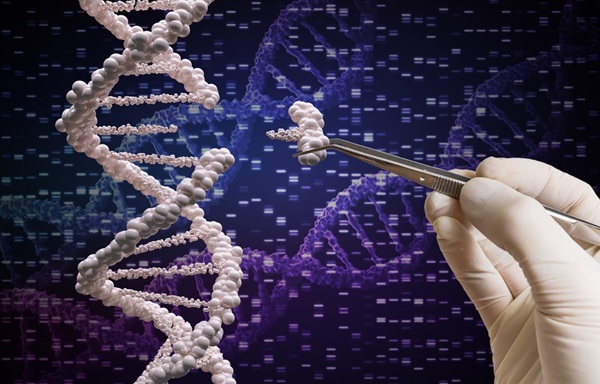Selenium Linked to Bladder Cancer in Certain Population Groups
By LabMedica International staff writers
Posted on 12 Jan 2009
Results obtained from a large comparative study showed an inverse relationship between levels of selenium, a trace mineral found in grains, nuts, and meats, and incidence of bladder cancer in certain population groups.Posted on 12 Jan 2009
Investigators at Dartmouth Medical School (Hanover, NH, USA) compared toenail selenium levels in 767 bladder cancer patients to the levels of 1,108 individuals from the general population. They used logistic regression analyses to generate odds ratios (OR) and 95% confidence intervals (95% CI) while controlling age, sex, and pack-years of smoking. In addition, they conducted separate analyses according to the intensity of p53 immunohistochemical staining of the tumor.
Results published in the January 2009 issue of the journal Cancer Prevention Research revealed that there was no overall inverse relationship between selenium concentration and incidence of bladder cancer. However, within specific subgroups there were inverse associations. These included moderate smokers, women, and those with p53-positive cancers. These groups all had higher rates of bladder cancer while manifesting lower toenail concentrations of selenium. Increased selenium concentrations in these groups were linked to lower incidence of cancer.
"Ultimately, if it is true that selenium can prevent a certain subset of individuals, like women, from developing bladder cancer, or prevent certain types of tumors, such as those evolving through the p53 pathway, from developing, it gives us clues about how the tumors could be prevented in the future and potentially lead to chemopreventive efforts,” said senior author Dr. Margaret R. Karagas, professor of community and family medicine at Dartmouth Medical School. "There are different pathways by which bladder cancer evolves and it is thought that one of the major pathways involves alterations in the p53 gene. Bladder cancers stemming from these alternations are associated with more advanced disease.”
Related Links:
Dartmouth Medical School














